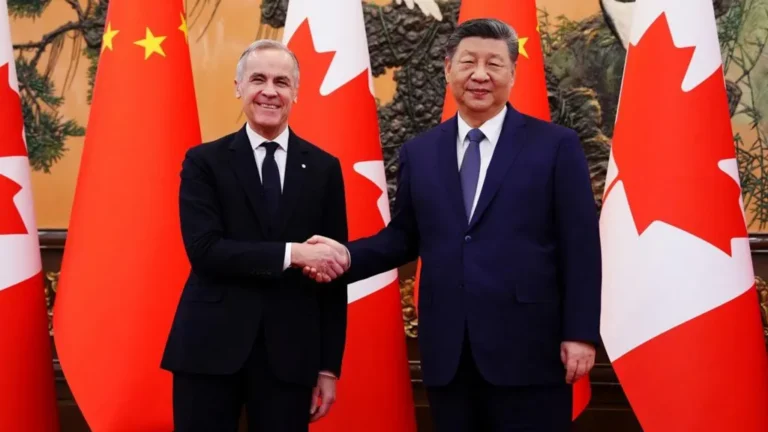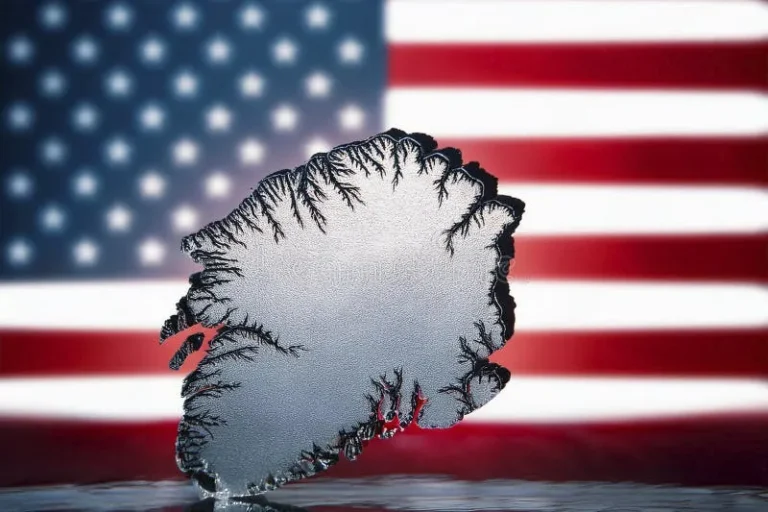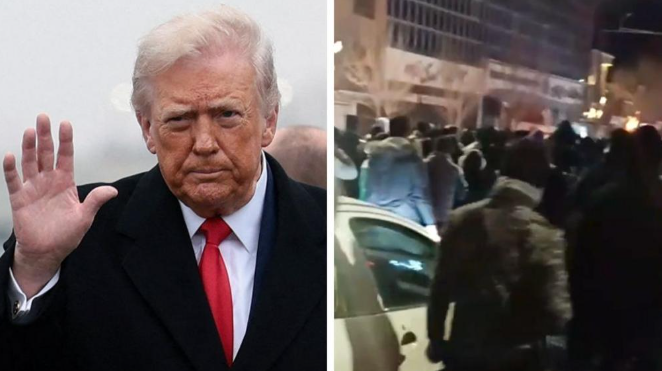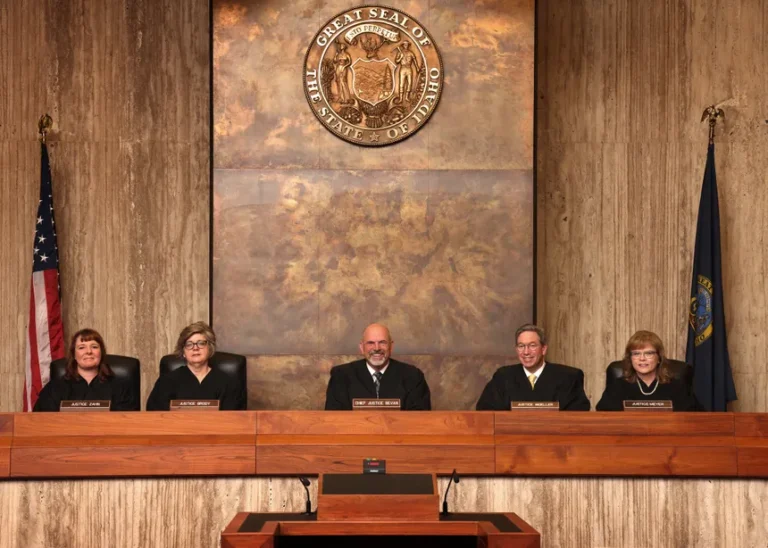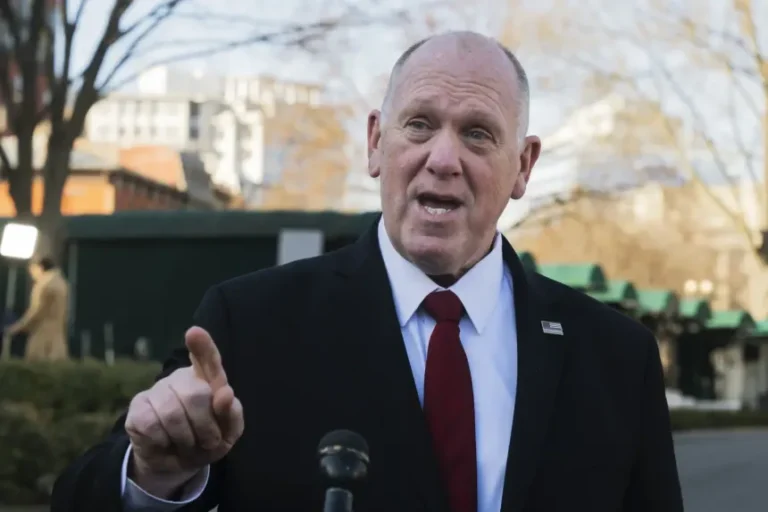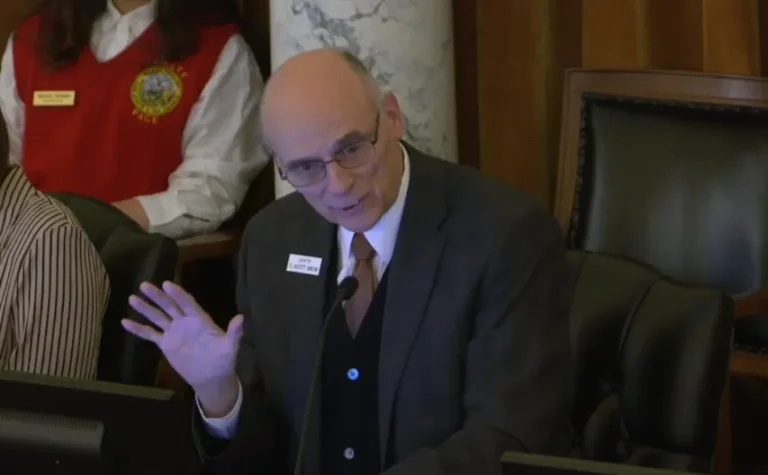
Trump Rejects Ceasefire and Urges Iran to “Give Up”
U.S. President Donald Trump stated that he is not pursuing peace talks with Iran, instead calling for Tehran to fully abandon its current course. Speaking after an early departure from the G7 summit, Trump emphasized he seeks a complete resolution to the conflict, not a temporary truce. He denied claims by French President Emmanuel Macron that the U.S. was engaging in ceasefire negotiations.
While acknowledging that diplomacy could still be an option, Trump mentioned he might send an envoy or Vice President JD Vance to engage Iranian leaders, depending on future developments. The U.S. has remained in a defensive stance, aiding Israel in intercepting missile attacks using naval assets stationed in the Mediterranean.
Rising Oil Prices and Global Market Response
Following Trump’s comments and the intensification of hostilities, Brent crude oil prices rose 2.1%, nearing $75 per barrel. Analysts warned that continued escalation could rekindle inflationary pressures similar to those seen in 2022. Global stock indices also reacted, with futures for the S&P 500 and major European indexes falling.
Exchange of Strikes and Growing Civilian Impact
Iran launched approximately 30 ballistic missiles toward Israel on Tuesday morning. The Israeli Defense Forces reported that most were intercepted, though some impacts were confirmed. No casualties were reported from the latest salvo, but prior exchanges resulted in civilian and military fatalities on both sides.
Iranian officials claimed they had struck a Mossad facility in Tel Aviv using advanced missile technology. In return, Israeli forces targeted Iranian infrastructure, including missile storage facilities and state television headquarters.
Civilian Evacuations and Emergency Measures
Heavy traffic was reported as residents attempted to leave Tehran following warnings and ongoing airstrikes. Iran’s health ministry instructed hospitals to provide emergency care free of charge. Over 1,500 injuries and 200 deaths have been reported since the conflict began, though the government has withheld more precise casualty figures to avoid panic.
Symbolic Resistance and Domestic Narratives
An Iranian television presenter, Sahar Emami, remained on air during a live broadcast as the studio was hit, briefly becoming a symbol of defiance in Iranian state media. A mural was unveiled in Tehran to commemorate her actions.
Strategic Command and Khamenei’s Inner Circle Hit
Multiple senior commanders of Iran’s Revolutionary Guards, including key advisers to Supreme Leader Ayatollah Ali Khamenei, have been killed in Israeli strikes. These losses have significantly disrupted the regime’s decision-making apparatus, according to sources familiar with internal dynamics.
Khamenei’s son, Mojtaba Khamenei, is reportedly playing an increasingly central role. Meanwhile, Israel claimed to have killed senior figures and struck key military and intelligence sites across western Iran.
Economic and Political Impacts Widen
S&P Global warned that the war could deteriorate credit conditions in the Middle East, affecting both sovereign and bank debt. Regional uncertainty has also led to higher oil prices, and further sanctions or blockades could deepen economic instability.
The International Energy Agency projected that global oil supply will exceed demand in 2025, but short-term disruptions remain a concern.
International and Domestic Political Reactions
While Trump insisted that the U.S. posture remains defensive, he said Iran should have accepted a previous deal to avoid the current crisis. Lawmakers in Washington, including both Republicans and Democrats, are debating whether the president must obtain congressional approval before any direct military intervention.
Meanwhile, G7 leaders issued a joint statement supporting Israel’s right to defend itself and reaffirming that Iran must never acquire a nuclear weapon.
